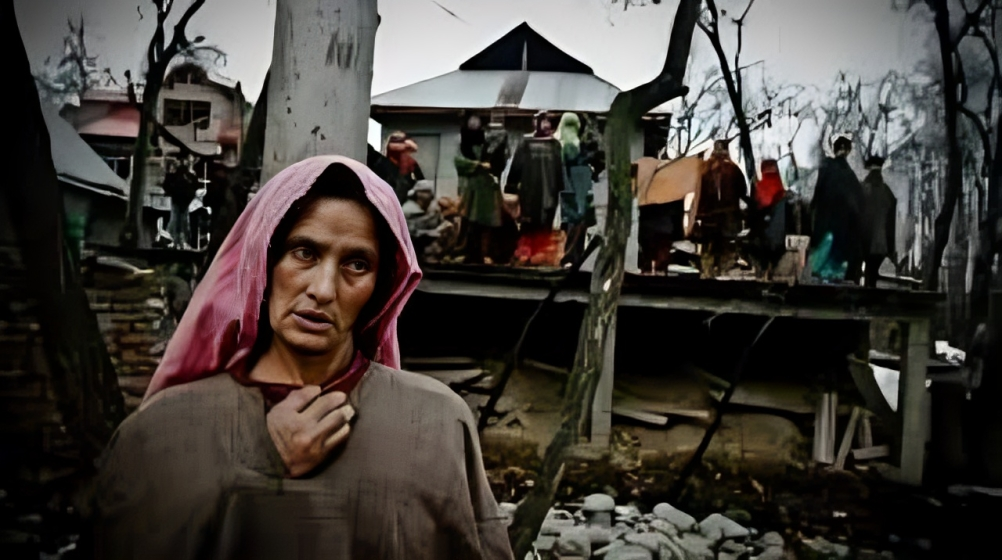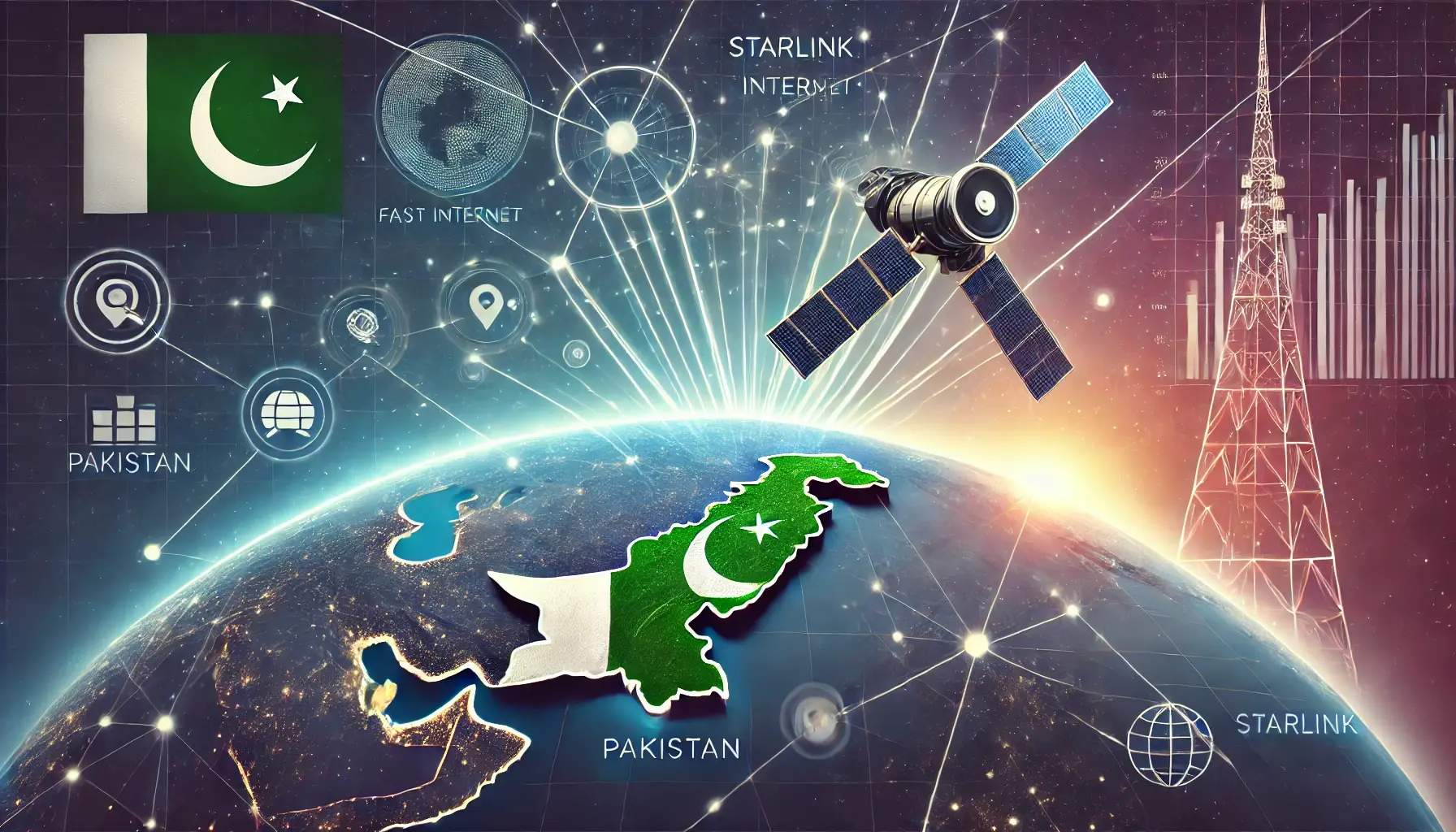For several decades, the Kashmir conflict has emerged as a dominant theme in political and human rights discussions. But for the first time, an organized inquiry called the Kashmir survey has given an essential insight into the views of the Kashmiris on either side of the Line of Control (LoC). The survey was conducted by Dr. Robert Bradnock, an associate fellow at Chatham House in London, and involved interviewing over 3,700 respondents from Indian- and Pakistani-administered Kashmir.
The findings, which emphasize perspectives regarding autonomy, fundamental rights, and socio-economic concerns, are remarkable and intellectually stimulating. This article examines these results and their potential ramifications for the region’s future.
The Pursuit of Autonomy: A Polarised Feeling
The most remarkable findings of the Kashmir survey include a high level of support for independence, although this varies in intensity across different regions.
Indian-governed Kashmir: 43% of the respondents were in favor of independence.
Pakistani-administered Kashmir: 44% supported the idea.
In the Kashmir Valley, which has experienced the highest intensity of insurgency, the advocacy for independence fluctuated between 74% and 95%, thereby establishing it as the prevailing sentiment. In contrast, in the Hindu-majority regions of Jammu, support for independence remains below 1%, illustrating significant polarization. These results underscore the intricate demographics and political heterogeneity of the area.
Socio-Economic Concerns Beyond Political Ambitions
Political ambitions dominated the survey and brought out a critical socio-economic challenge affecting the region.
Unemployment: A significant concern, with 87% of respondents in Indian-administered Kashmir and 66% in Pakistani-administered Kashmir citing it as a significant issue.
Human Rights Abuses: Widespread concern, especially in Indian-administered Kashmir, where 43% of respondents identified it as a critical issue. In Pakistani-administered Kashmir, 19% raised similar concerns.
These findings emphasize that while political solutions remain important, addressing socio-economic issues becomes pivotal for stable situations.
Doubts with Peace Negotiation Efforts
Another essential aspect studied in the Kashmir survey is the perception of how peace negotiations between India and Pakistan are viewed. Respondents had mixed levels of hope:
- In Indian-administered Kashmir, 57% said peace talks can work.
- Only 27% of Pakistani-administered Kashmir shared the same confidence.
- This inequality illustrates the difficulties of establishing trust and underscores the necessity for more inclusive and transparent dialogue mechanisms.
Autonomy: The Most Common Yet Controversial Choice
Although independence is the most preferred solution, according to the Kashmir survey, it still does not have the majority. The results show that 80% of respondents from both regions consider it a personal concern to end the Kashmir conflict. However, the preference regarding the solution varies enormously because of geographical location, religion, and cultural identity. This diversity makes a panacea solution very tough.
The Challenges of Resolving the Kashmir Conflict
No Easy Answers
Dr.Bradnock’s analysis of the Kashmir survey explains that there is no easy way out of the conflict. The idea of a plebiscite, as proposed in the United Nations resolutions from 1948-49, seems increasingly archaic in the light of the current demographic and political complexities.
Significance of Representation
A key takeaway from the survey is that better representation in conflict resolution is necessary. For a meaningful resolution, the involvement of a variety of voices from the different communities in Kashmir—the Muslim-majority Valley and the Hindu-majority Jammu—will be necessary.
Tackling Socio-Economic Challenges
The survey results on unemployment and human rights violations highlight the necessity of broadening spoken communication on the far side of political problems in Kashmir. Whereas the region’s political conflict has long been at the forefront, the survey underscores the urgency of addressing socio-economic issues that are equally pressing for the individuals of Kashmir. The state, notably in the Indian aspect, may be an important issue, with a significant share of the population troubled to search for work. This economic instability exacerbates tensions and fuels discontent, making it more challenging for peaceful resolutions to take root.
In addition to unemployment, human rights violations remain a significant concern. The survey reveals a stark distinction in the level of concern between the two sides of the road of management (LoC). However, each side acknowledges the continuing abuses. Addressing these violations is vital for humanitarian reasons and building trust among the varied stakeholders concerned with the conflict.
The survey additionally revealed that seventy-three individuals in Kashmir support independence, accenting the deep political divisions within the region. To establish a foundation for peace, the region wants a spotlight on socio-economic development, addressing the state, and making certain human rights protections. These steps may alleviate long-standing grievances, fostering an atmosphere supporting stability and tranquility. While not trying these elementary issues, any political answer can struggle to bring lasting peace to Kashmir. Thus, a comprehensive approach with each political and socio-economic method is essential for resolving the conflict.
A Path toward Resolution
Inclusive Dialogue
The Kashmir survey underlines an all-inclusive dialogue between India, Pakistan, and the representatives of Kashmir in order to make the future sustainable. Only collective efforts could lead towards this goal.
Trust-Building Measures
Restoring trust is essential for the advancement of the peace process. Ensuring transparency during negotiations, tackling human rights issues, and promoting grassroots initiatives may facilitate the reconciliation between involved parties.
Global Mediation
Henceforth, since the Kashmir conflict has a global dimension for international policy, the role of the United Nations may become a critical step by involving organizations like Chatham House in this debate and driving more constructive peace movements.
Conclusion
The first Kashmir survey offers a close inspection of the hopes, concerns, and challenges the folks of Kashmir face. Whereas there’s widespread support for independence, significantly within the Kashmir valley, the survey results reveal a more profound division frozen in socio-economic problems that have become more and more pressing. The findings highlight a region where political aspirations are closely tangled with economic issues, particularly state and human rights abuses.
Support for independence varies significantly across regions, with the Muslim-majority Kashmir valley showing overwhelming support for independence. In contrast, the Hindu-majority Jammu division remains hostile primarily to such a move. This inequality reflects the advanced nature of the conflict, wherever cultural, religious, and political variations complicate efforts toward resolution.
The survey conjointly underscores the deep issues of the folks. Most % of the population, 80%, believe the Kashmir dispute is necessary in person, indicating the high emotional and political stakes. To boot, issues over state area units are widespread, with quite eightieth of respondents on each side of the road of management (LoC) expressing discontent with the economic scenario. What is more, human rights abuses remain a key issue, with several on the Indian facet readjustment serious matters.
While the survey doesn’t give an easy answer to the Kashmir conflict, it’s an essential step toward understanding the complexities of the difficulty. It emphasizes the necessity for a comprehensive strategy that brings all parties—India, Pakistan, and Kashmiri representatives—into meaty dialogue. Though a peaceful settlement remains elusive, the survey opens the likelihood that one of the world’s most enduring disputes would eventually realize resolution with the proper methods. The trail forward would require addressing each political and socio-economic challenge to confirm a long-lasting peace.
Another Exciting Blog: Unveiling the Mysteries of Human-Faced Rocks in Azad Kashmir: Nature’s Dateless Guardians








Leave feedback about this